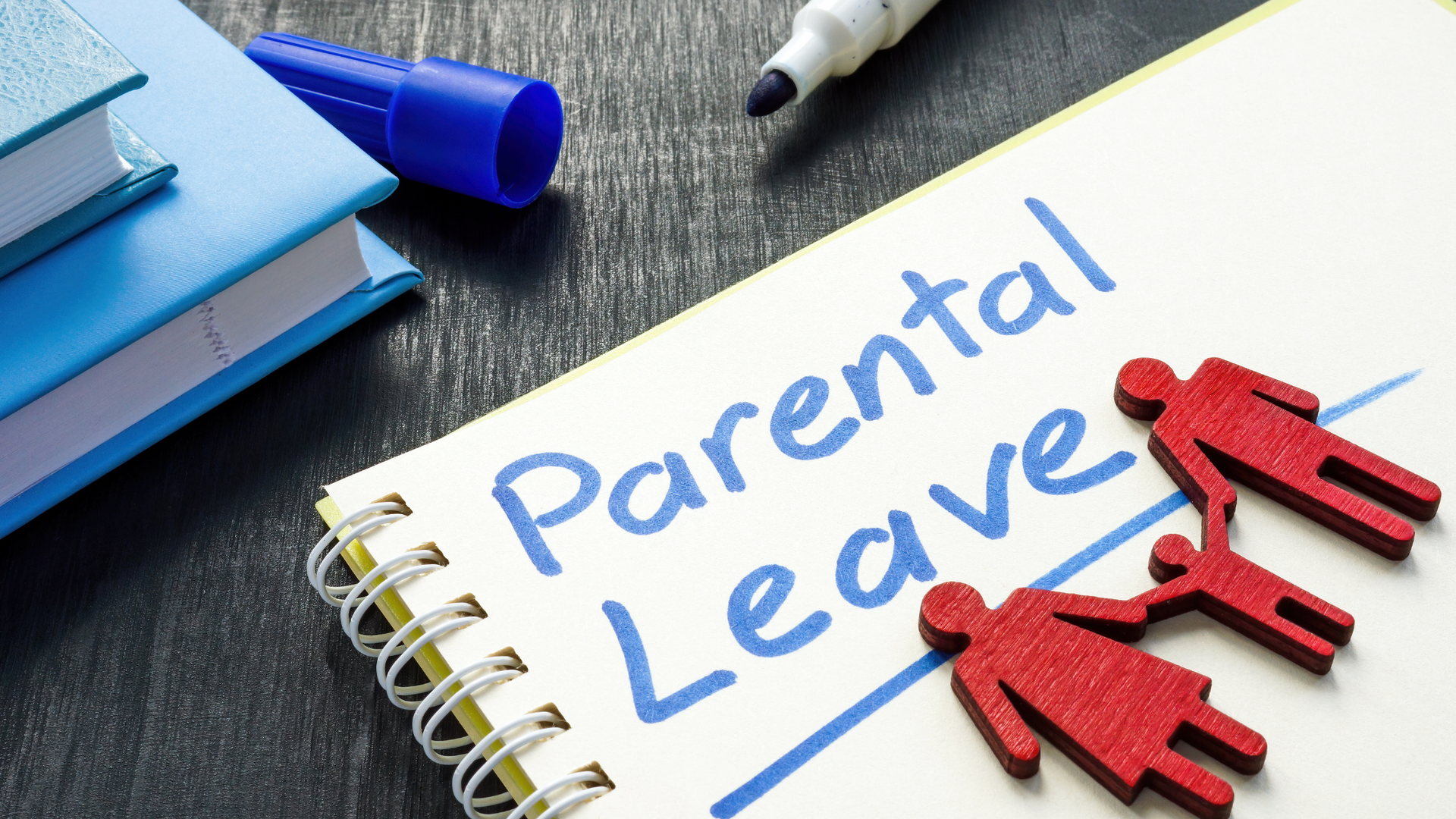4 Simple Tips About the Recent Developments in Parental Leave in South Africa:
- Understand the New Leave Provisions: Parents in South Africa are now entitled to four months of parental leave, regardless of whether it's for the birth, adoption, or commissioning parental leave. This is a significant increase from the previous provision of ten days for parental leave.
- Sharing Leave for Couples: Couples must share the four-month leave allocation. If both parents want to take leave, they need to decide how to split these four months between them. For example, one parent might take three months, while the other takes one month.
- Await Confirmation from the Constitutional Court: The changes are not yet in force. They will only become effective once confirmed by the Constitutional Court. Until then, the current law remains in effect.
- Employer Policy Adjustments: Employers need to adapt their leave policies to comply with these interim measures, ensuring they provide at least the minimum required leave. However, employers are free to offer more generous leave terms.
Additionally, here are four more tips:
- Anticipate Practical Challenges: Implementing these changes will require careful planning and clear communication between employers and employees, especially in cases where couples need to inform their employers about how they plan to share the leave.
- Consider More Generous Policies: Employers can choose to offer more beneficial parental leave provisions than the minimum required by law. This can be an attractive feature for retaining and recruiting talent.
- Stay Informed on Legal Developments: It’s crucial to keep updated on the legal status of these provisions, particularly the rulings of the Constitutional Court, which will have a significant impact on how these laws are implemented.
- Be Prepared for Future Changes: The judgment indicates a shift towards more progressive parental leave policies. Employers and employees alike should be ready for further changes as the legislature works to align laws with constitutional requirements.

In a landmark judgment by the High Court of South Africa, a significant legal challenge was brought forward concerning the rights of employees to various forms of parental leave. At the heart of this case were the Van Wyks, a couple who confronted the existing legal framework with their unique circumstances, sparking a debate that could reshape parental leave policies in South Africa.
Addressing Inequities in Parental Leave
Mr. Van Wyk, a salaried employee, and his self-employed wife faced a common dilemma when expecting a child: deciding who would take time off work to nurture their newborn. Given Mrs. Van Wyk’s self-employed status, maternity leave provisions didn’t apply to her. Therefore, they decided that Mr. Van Wyk should assume the primary caretaking role post-birth. However, under the Basic Conditions of Employment Act, Mr. Van Wyk was entitled to only ten days of parental leave, a stark contrast to the four-month maternity leave available to employed mothers.
The Legal Impasse: A Father's Struggle for Fair Leave
Forced to take unpaid leave and unable to claim from the Unemployment Insurance Fund, Mr. Van Wyk found himself in a legally precarious position, highlighting a significant gap in the existing parental leave policies. The Van Wyks argued that this disparity not only discriminated against them as parents but also against Mr. Van Wyk as a father, challenging the constitutionality of these provisions.
A Critical Examination of Current Leave Policies

The case brought into focus the current state of parental leave in South Africa: four months of maternity leave for women, ten days of parental leave for fathers, ten weeks or ten days for adoption leave, and similarly structured commissioning parental leave. This judicial review, therefore, not only questioned the fairness of these provisions but also set the stage for potential legislative changes.
A Historic Ruling: The Court's Findings
In a groundbreaking judgment, the High Court of South Africa declared the provisions of the Basic Conditions of Employment Act (BCEA) relating to parental leave, including maternity, adoption, and commissioning parental leave, unconstitutional. This decision marks a significant shift, recognizing that the existing laws contradict the principles of human dignity and equality enshrined in the South African Constitution.
The Interim Measures: A New Era for Parental Leave
Under the interim measures, each parent is now entitled to four months of parental leave. This applies universally, regardless of whether it's for the birth of a child, adoption, or commissioning parental leave. This represents a monumental advancement, particularly for fathers, adoptive parents, and those undergoing surrogacy arrangements.
However, there's an important caveat: if both parents are part of a couple or a committed relationship and wish to take parental leave, they are collectively entitled to four months, which they must apportion between themselves.This could mean a split like three months for one parent and one month for the other, allowing families flexibility in deciding how best to care for their new child.
It's crucial to note that these changes aren't immediate. The Constitutional Court must first confirm the order. Until then, the interim provisions won't be the governing law for parental leave. Once confirmed, there will be a two-year period for the implementation of these interim provisions.
Employers: Adapting Policies for New Realities
Employers must prepare for significant policy revisions if the Constitutional Court confirms the order. Policies will need to meet the minimum requirements set by the interim measures, and employers must carefully craft their policies to accommodate scenarios where parents share the four-month leave allocation. However, these are just minimums; employers can offer more beneficial parental leave provisions.
Embracing Change with a Forward-Looking Lens

The recent High Court judgment on parental leave in South Africa stands as a beacon of progress and a call for necessary change in employment law. This decision, hailed for its progressive nature, underscores the urgent need to evolve and adapt our legal frameworks to better reflect the values of equality and human dignity.
Balancing Benefits: A Critical Perspective
However, this judgment is not without its complexities. One notable concern is the potential impact on the traditional maternity leave benefits that pregnant mothers previously enjoyed. Where once a pregnant mother was entitled to four uninterrupted months of maternity leave, the new scenario introduces the possibility of sharing this leave with partners.
This shift, while progressive in spirit, raises questions about balancing existing benefits with new ones, ensuring that no group loses out in the pursuit of equality. Looking ahead, there is a palpable sense of anticipation and hope that the legislature will refine these laws in the next two years. The goal is to develop regulations that do not diminish the rights previously afforded to pregnant women, while simultaneously ensuring equitable parental leave for all parents, regardless of gender or role.
As we await further developments, particularly the Constitutional Court's judgment, this topic will remain a critical point of discussion and analysis. We encourage our readers to stay engaged, watch this space for updates, and continue the conversation about these pivotal changes in parental leave policies.
Gratitude and Engagement
A special thanks to Sibusiso Dube for providing invaluable insights into this matter. For those interested in connecting with Sibu, his bio is available in the description of the Employment Matters podcast. We also invite you to explore the wealth of resources and expertise available through the Employment Law Alliance network.
Thank you, our esteemed readers, for joining us in this exploration of a pivotal moment in South African employment law. Your engagement and insights are what drive meaningful conversations and change. Here's to moving forward together in creating a more equitable and inclusive workplace environment!